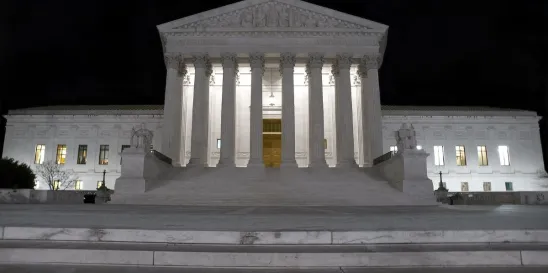America’s cultural wars may be opening up a new front, and group health plans may be caught in the fray. Since the US Supreme Court decision in Dobbs ended almost fifty years of constitutional protection for abortion rights and gave states the authority to regulate abortion, lawmakers (or citizens) have either enacted new prohibitions on abortions or created new legal protections for women seeking abortions. And in anticipation of the Supreme Court possibly eroding protections for transgender people, lawmakers in many states are expanding their efforts to include prohibitions against or protections for gender-affirming treatments. Some states have drafted their prohibitions so broadly that many sponsors of group health plans are concerned about criminal liability for offering reproductive and gender-affirming treatments under their health plans to employees who work in states with these broad prohibitions. But employees, advocacy groups, some courts, and the Biden administration are all working to make sure transgender people have access to gender-affirming care.
Many employers feel caught between a rock and a hard place.
Some employers want to continue to provide their female workers with a full array of healthcare services, including abortion services, even if they must travel to another state to access those services. However, some states have drafted their laws so that an employer who pays for travel expenses so a woman can obtain an abortion in a neighboring state might be “aiding and abetting” an illegal act. Employers may take some comfort from Supreme Court Justice Kavanaugh’s concurring opinion in Dobbs, saying that interstate travel is a constitutional right, and no state could prohibit a resident from traveling to another state for an abortion. In response, Idaho has passed an “abortion trafficking” law making it a crime to help a minor cross state lines for an abortion without her parents’ consent, although a federal court recently blocked enforcement of that law. ERISA’s preemption clause may also provide some protection for self-insured plans, although ERISA does not preempt “generally applicable criminal” state laws. Given these uncertainties, employers may feel they must either deny their female workers full healthcare benefits or face a lawsuit or even criminal charges. Further complicating the issue is the fact that more than half of the abortions in the United States are medication abortions, according to the Guttmacher Institute. Some states are acting to ban pharmacies from dispensing or mailing abortion medications to their residents, and there are two conflicting federal court rulings in Texas and Washington State on the provision of mifepristone, the primary drug used for medication abortion.
More recently, many states are banning specified gender-affirming treatment for individuals under a certain age. According to the Human Rights Campaign, twenty-two states have passed laws banning gender-affirming care for individuals up to age eighteen. For employers who believe that providing these benefits is critical to attracting and retaining a diverse workforce, this creates another dilemma. If a young person is seeking gender-affirming treatment, and the employer wants to cover the treatment and pay for travel expenses if the state where the individual lives prohibits the procedure, the employer could face a lawsuit or possibly even criminal charges. Meanwhile, on the federal level, the trend seems to be moving in the opposite direction. The Biden administration has adopted a position supportive of gender-affirming treatments, and some believe that health plans must cover gender-affirming treatments because Section 1557 of the Affordable Care Act prohibits discrimination on the basis of sex (which includes gender identity). As a result, employers that may have legitimate concerns about covering gender-affirming treatments are feeling pressured to offer them under their plans.
With things developing so rapidly and no clear direction, employers are understandably confused about whether they may or must provide benefits to employees seeking abortions or gender-affirming treatments. We recommend keeping an eye on developments at the state and federal levels, deciding what is right for your company (including what your employees want and how much risk you are willing to take), and being ready to pivot in response to important developments.




 />i
/>i
